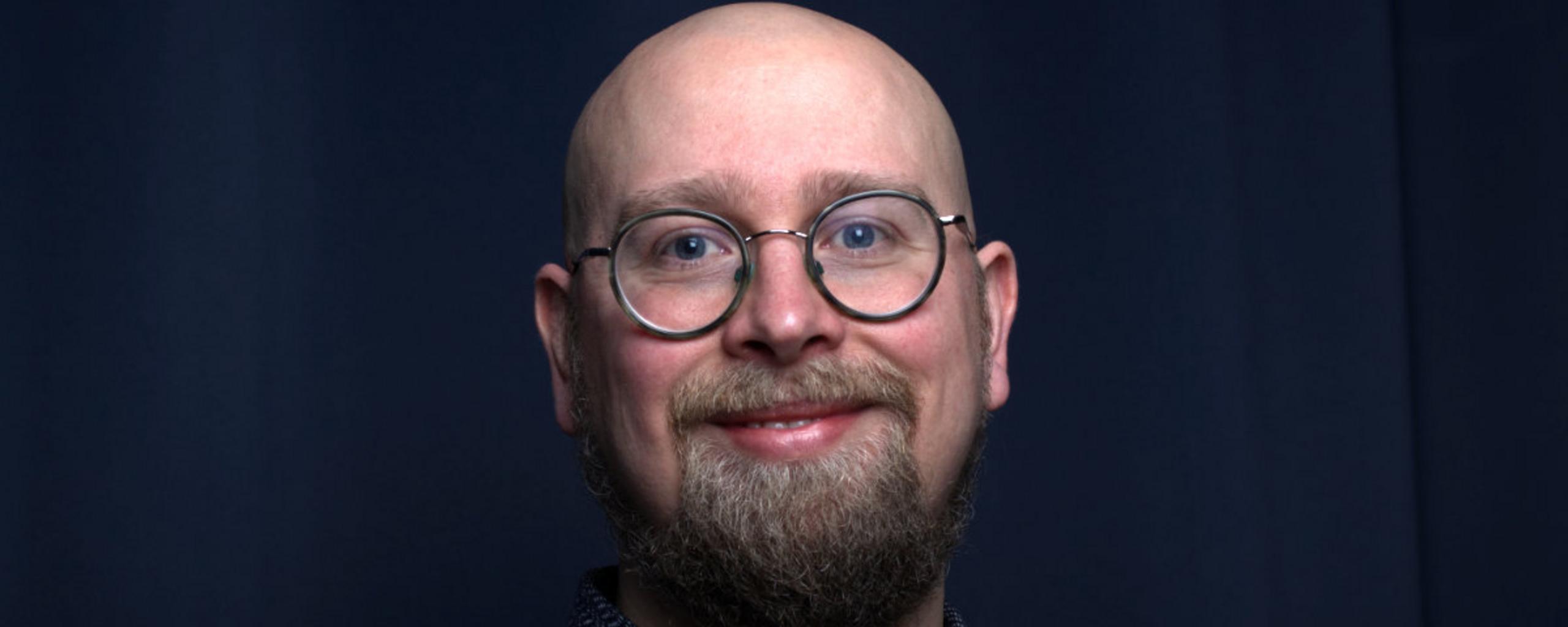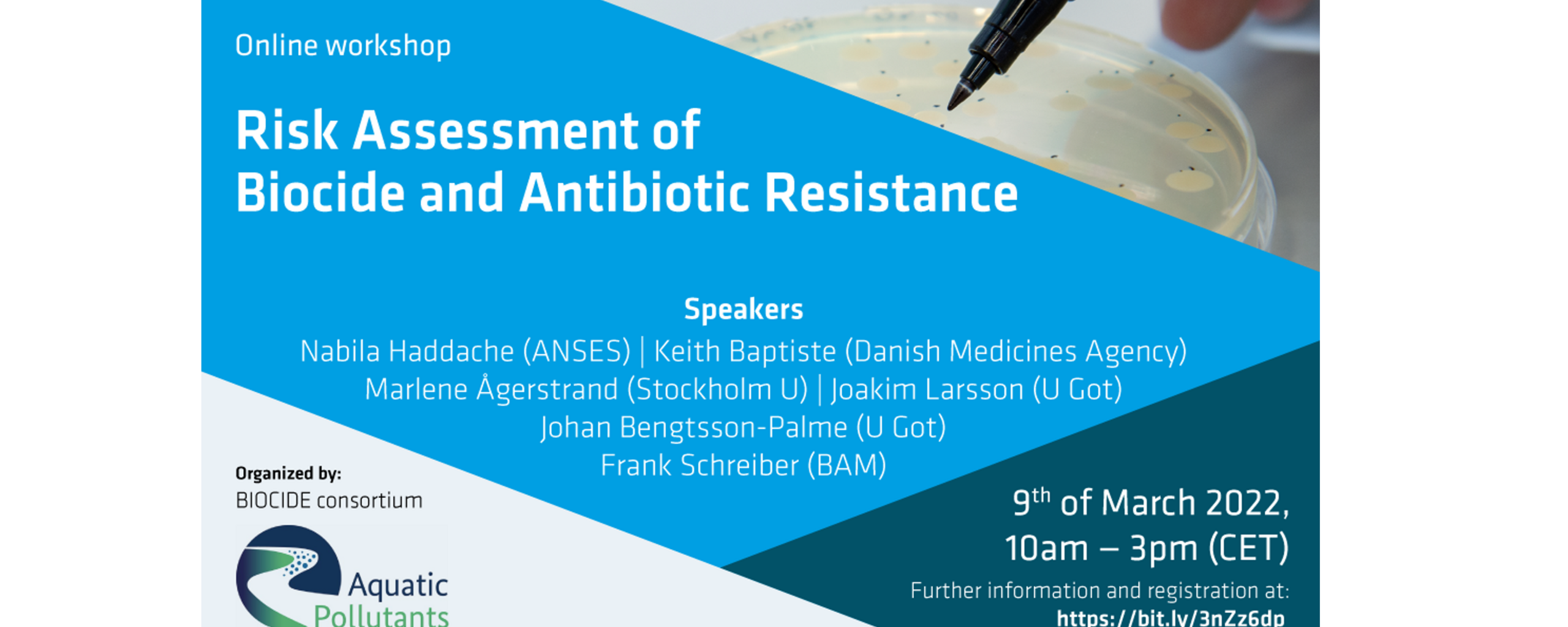Future Research Leaders
I am extremely happy to share the news that the Swedish Foundation for Strategic Research has selected me as one of 16 young research leaders to receive their 15 million SEK grant awarded to give newly established researchers with high scientific and pedagogical competence the opportunity to develop as research leaders.
This grant is one of the more prestigious grants for young researchers in Sweden that I know of and I am very honored and thankful, both towards the foundation and my research group who have made this possible, to receive this grant. In combination with the DDLS funding from the Wallenberg Foundation, this will provide the lab with some very nice opportunities to explore more far-reaching endeavors in the next couple of years, which sets the stage for a very exciting half-decade to come!
Finally, I am also happy to see (after my ten-years old criticism of the gender distributions of these grants) that the distribution of grants this year was approximately gender-equal (seven out of 16 recipient were women). This is a good sign for both future Swedish research and the trustworthiness of these grants themselves.
Thanks for the applications
Our open doctoral student and postdoc positions closed over the weekend, and in total we had 110 applications, although some persons applied to more than one of the positions, bringing the total number of applicants down a bit. Still, this will be a lot of work for me. I will prioritize the postdoc position, as this had the fewest applications. So if you applied to one of the two PhD student positions, please give it some time.
A quick skimming of the applications shows that we have had extraordinary high quality of applications overall, although some of the applicants will be a bit too wet-lab oriented for these specific positions.
Thanks a lot for your interest in the lab’s work! I appreciate all of your efforts!
We’re hiring 2 PhD students and a postdoc
As I wrote a few days ago, I have now started my new position at Chalmers SysBio. This position is funded by the SciLifeLab and Wallenberg National Program for Data-Driven Life Science (DDLS), which also funds PhD and postdoc positions. We are now announcing two doctoral student projects and one postdoc project within the DDLS program in my lab.
Common to all projects is that they will the use of large-scale data-driven approaches (including machine learning and (meta)genomic sequence analysis), high-throughput molecular methods and established theories developed for macro-organism ecology to understand biological phenomena. We are for all three positions looking for people with a background in bioinformatics, computational biology or programming. In all three cases, there will be at least some degree of analysis and interpretation of large-scale data from ongoing and future experiments and studies performed by the group and our collaborators. The positions are all part of the SciLifeLab national research school on data-driven life science, which the students and postdoc will be expected to actively participate in.
The postdoc and one of the doctoral students are expected to be involved in a project aiming to uncover interactions between the bacteria in microbiomes that are important for community stability and resilience to being colonized by pathogens. This project also seeks to unearth which environmental and genetic factors that are important determinants of bacterial invasiveness and community stability. The project tasks may include things like predicting genes involved in pathogenicity and other interactions from sequencing data, and performing large-scale screening for such genes in microbiomes.
The second doctoral student is expected to work in a project dealing with understanding and limiting the spread of antibiotic resistance through the environment, identifying genes involved in antibiotic resistance, defining the conditions that select for antibiotic resistance in different settings, and developing approaches for monitoring for antibiotic resistance in the environment. Specifically, the tasks involved in this project may be things like identifying risk environments for AMR, define potential novel antibiotic resistance genes, and building a platform for AMR monitoring data.
For all these three positions, there is some room for adapting the specific tasks of the projects to the background and requests of the recruited persons!
We are very excited to see your applications and to jointly build the next generation of data driven life scientist! Read more about the positions here.
My first day at Chalmers
Today was a big day, as it was my first ‘real’ working day at SysBio at Chalmers University of Technology. (Quotation marks as I have had access to an office at SysBio for a few weeks, and also because I spend the afternoon on meetings at Sahlgrenska.) Regardless, this marks the start of a transition period where the lab will be moving more and more of our routines to Chalmers, which will culminate when the lab-dependent persons will move into our new labs after the summer.
We also welcomed our Erasmus intern Manuela Seehauser to the lab today, as well as Marius Surleac who is visiting us for a few weeks from Romania.
Finally, we have announced new positions related to my new Chalmers-funding. More on those soon. Speaking of jobs, if you’re interested in doing a bioinformatics postdoc with me and Joakim Larsson you have two more days to apply for that position!
Open postdoc position
Together with Joakim Larsson‘s lab, we now have an open two-year postdoc position in bioinformatics on antibiotic resistance and biocide resistance. The development of antibiotic resistance has been driven by use of antibiotics, but antibacterial biocides also have the potential to select for antibiotic resistance. However, knowledge of which genes that contribute to biocide resistance and could be associated with antibiotic resistance is sparse. To some extent, such genes are documented in the BacMet database which we have developed, but this collection of resistance genes is only scratching the surface of all biocide resistance that exists among bacteria in the environment.
We are now looking for a postdoctoral fellow to continue the important work on bioinformatic analysis of biocide and antibiotic resistance to answer the question whether increasing biocide resistance would be a threat to human health. The postdoc will be working with the development of the BacMet database to make it more targeted towards biocidal substances and products in addition to resistance genes. The tasks include bioinformatic sequence analysis, literature studies and database and web programming. The work will also include investigations of the prevalence of the identified resistance genes in genomes and metagenomes.
The recruited person will work closely with both my group and the group of Prof. Joakim Larsson, and will participate in the JPIAMR-funded BIOCIDE project. You can apply to the postdoc position at the University of Gothenburg application portal: https://web103.reachmee.com/ext/I005/1035/job?site=7&lang=UK&validator=9b89bead79bb7258ad55c8d75228e5b7&job_id=25122
The deadline is May 4, 2022. Come work with us on this exciting topic in the intersect between two great research environments (if I may say it myself!) We look forward to your application!
BIG NEWS: We’re moving to Chalmers
I have very big and exciting news to share with you. After more than 10 years at the Sahlgrenska Academy, me and my lab will be moving from the University of Gothenburg to Chalmers University of Technology (which is physically a move of less than a kilometer, so still within Gothenburg). I have been offered a position at the Division of Systems Biology, funded by the SciLifeLab and Wallenberg National Program for Data-Driven Life Science (DDLS). The total funding to my lab will be 17 million SEK, with some co-funding from Chalmers added in on top of that.
I am of course very excited about this opportunity, which will bring some infrastructure that we need in-house that we don’t have easy access to today. At the same time, I am sad to leave my academic ‘home’, and the fantastic people we have been working with there for the years. I am also endlessly thankful for the support and trust that the Sahlgrenska Academy, the Institute of Biomedicine and the Department of Infectious Diseases have put into me and my research over the past years.
The transition to Chalmers will start already in May, but will be gradual and continue for a long time. We have close ties to the Sahlgrenska Academy and we will keep closely collaborating with researchers there. I will also retain an affiliation to the University of Gothenburg, at least for the near future.
All in all, this year will bring very interesting development, and this additional funding from the DDLS program will allow us to venture into new areas of bioinformatics and try out ideas that have previously been out of reach. I look forward to work with our new colleagues at Chalmers and within the DDLS program in the coming years!
Portrait on my research
As part of a series highlighting the research at the Institute of Biomedicine, I was a few weeks a go interviewed about the research in the lab and my history. This interview has now been published on the department website, both in Swedish and English. I think it is a pretty nice read and a good introduction to our work and why we do what we do. Could make for a good weekend read!

Biocides and antibiotic resistance workshop
The newly formed BIOCIDE program, seeking to determine how antibacterial biocides contribute to the development of biocide resistance and spread of antibiotic resistant bacteria, is organizing a workshop on risk assessment of biocide and antibiotic resistance on the 9th of March this year. I will be giving a talk on the BacMet database and how that will be integrated in risk assessment and the research program. If you have an interest in the risk associated with biocides, or antibiotic resistance development, I strongly suggest that you take part in this exciting workshop, particularly if you are working for a regulatory authority.
The program targets biocide resistance and cross-resistance to antibiotics, guidance development for assessment of biocide resistance, the BacMet biocide resistance database, and the assessment of environmental exposure to biocides and risks for co-selection. The workshop will include speakers such as Joakim Larsson, Nabila Haddache, Marlene Ågerstrand and Frank Schreiber.
More information can be found here: https://www.gu.se/en/biocide/risk-assessment-of-biocide-and-antibiotic-resistance

Postdoc with Erik Kristiansson
If you are skilled in bioinformatics and want to work with one of my favorite persons, you should check out this postdoc ad closing January 9. This two-year position in Erik Kristiansson‘s lab at Chalmers University of Technology is a great opportunity to work with fantastic people on highly interesting questions. It has applications in infectious diseases and antibiotic resistance, and will be focused on genomic analysis of antibiotic resistance and virulence and their evolutionary history. The work includes both the development of new data-driven methodologies and the application of existing methodology to new datasets. The position will involve collaborations with researchers from clinical microbiology and the environmental sciences within the Centre for Antibiotic Resistance Research.
Short site outage
There was a minor site-wide outage today (resulting on 404 errors all across the site) due to an automatic WordPress update that went wrong. It now looks like this is fixed and the web site is back online. However, if you notice any strange behavior, please drop me a line!